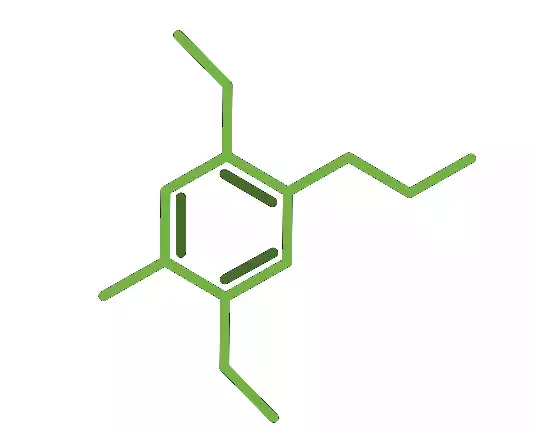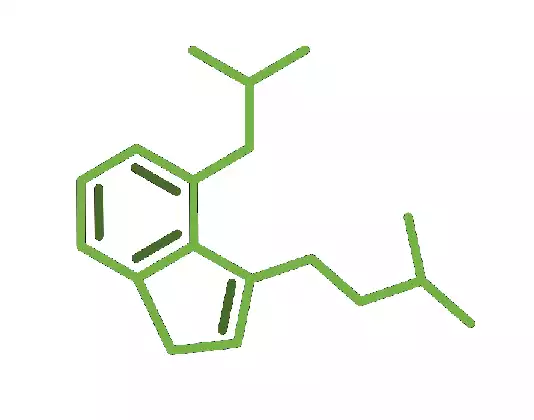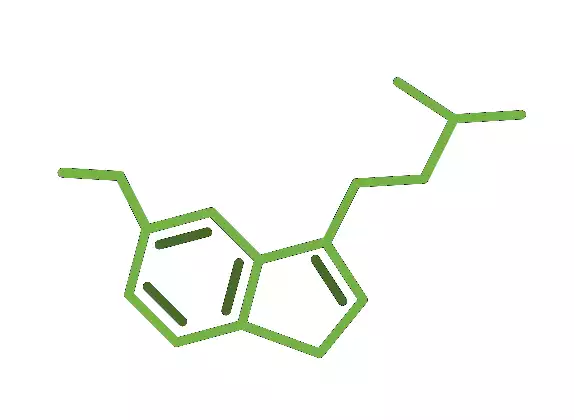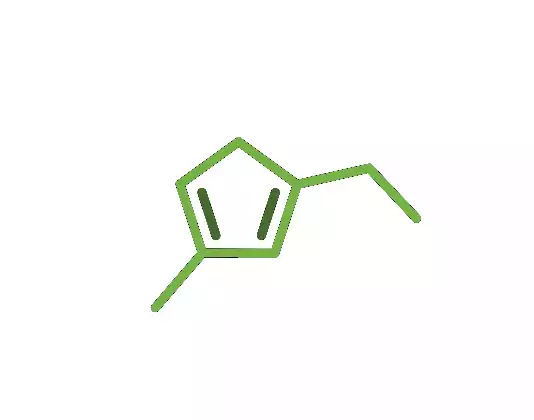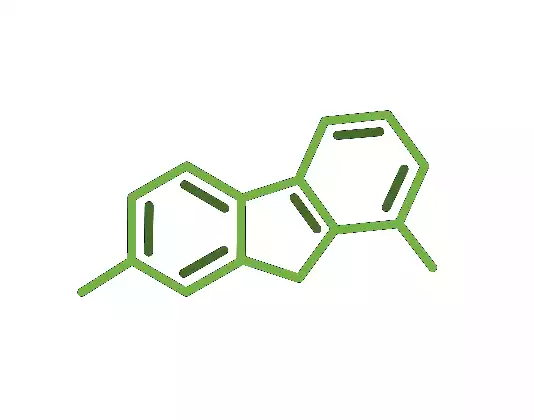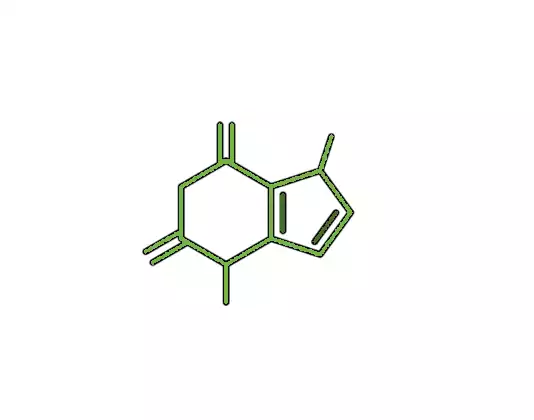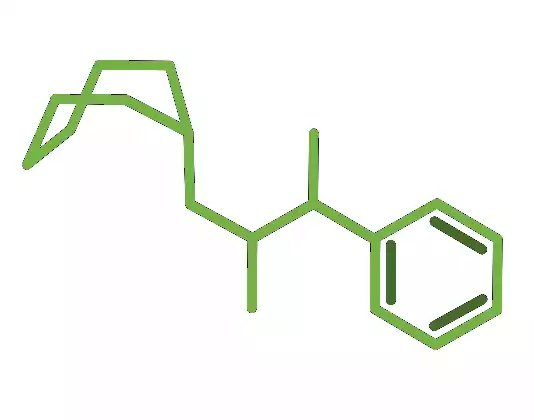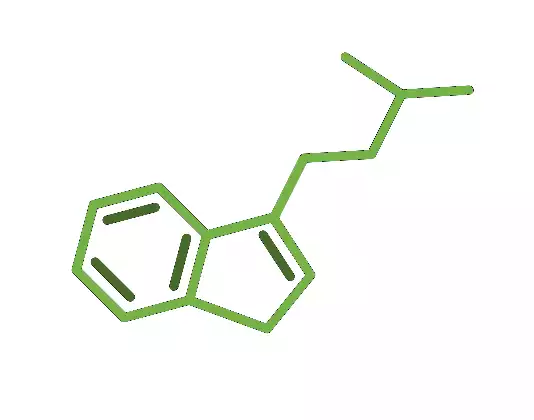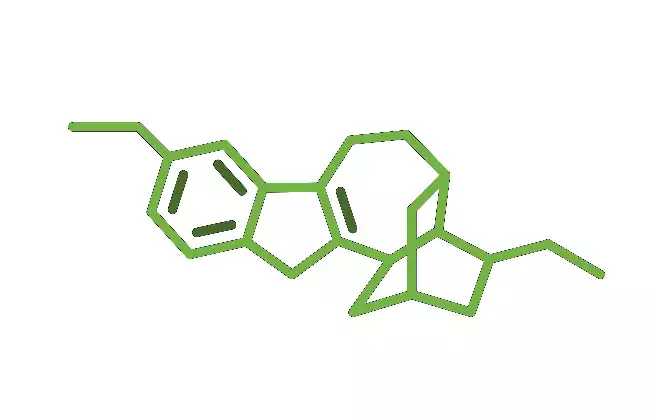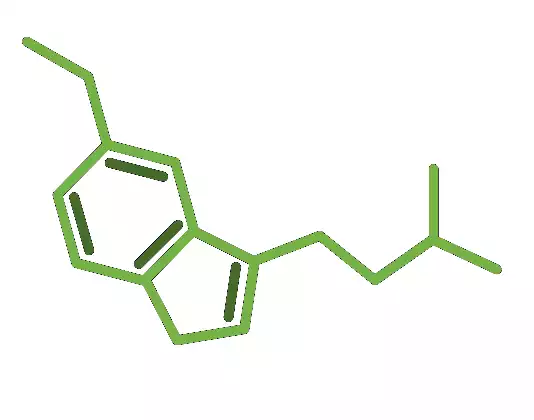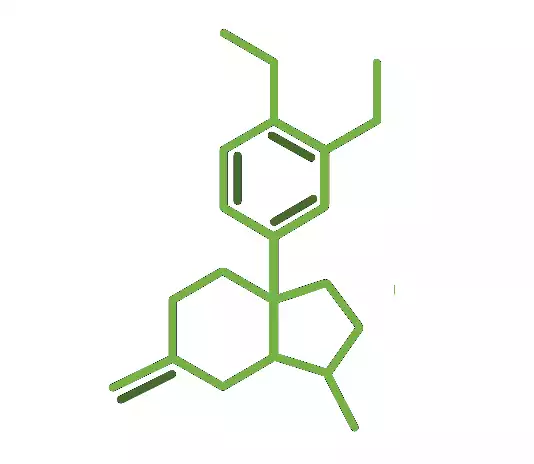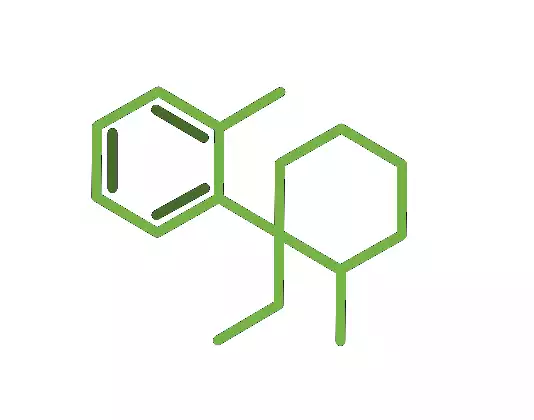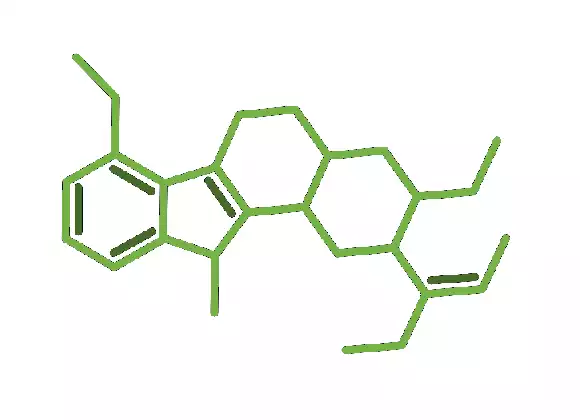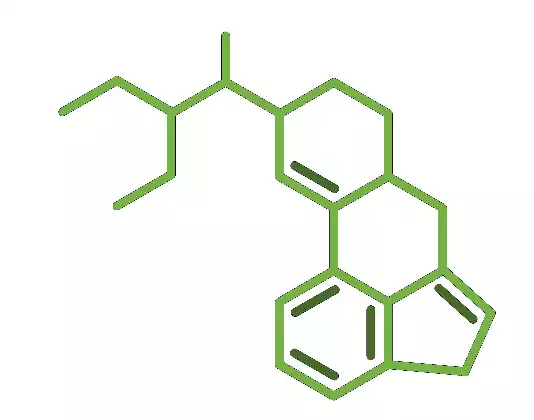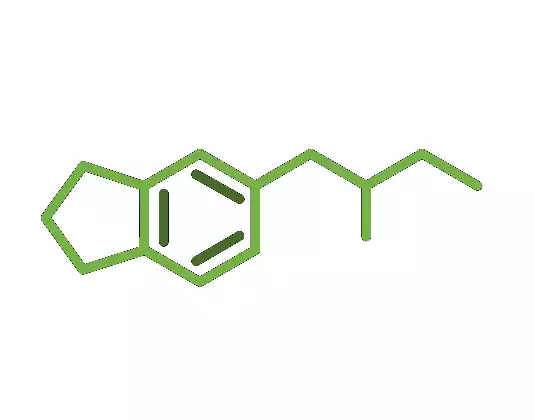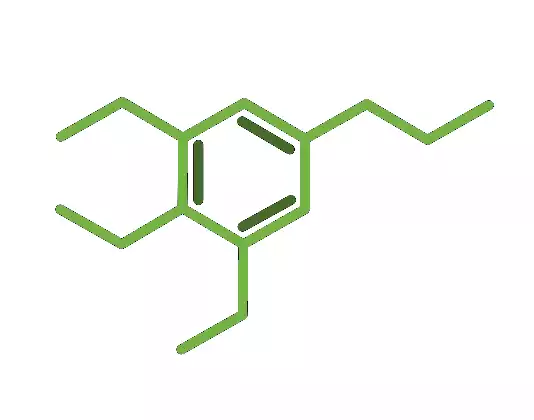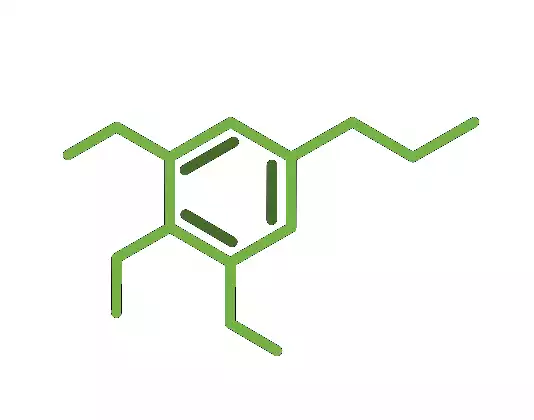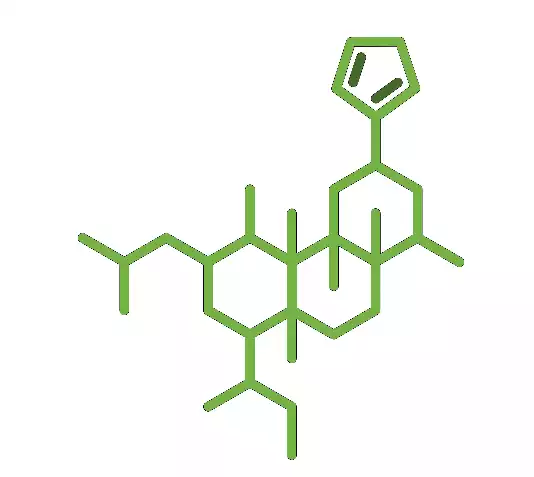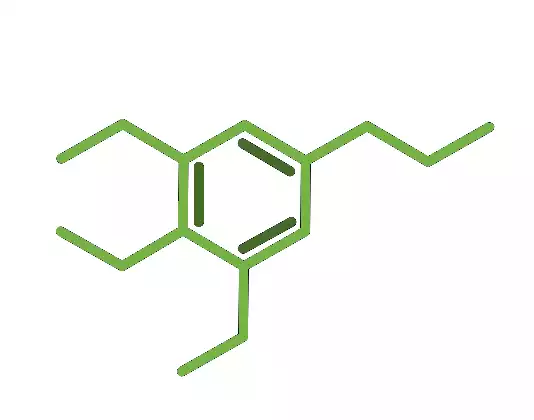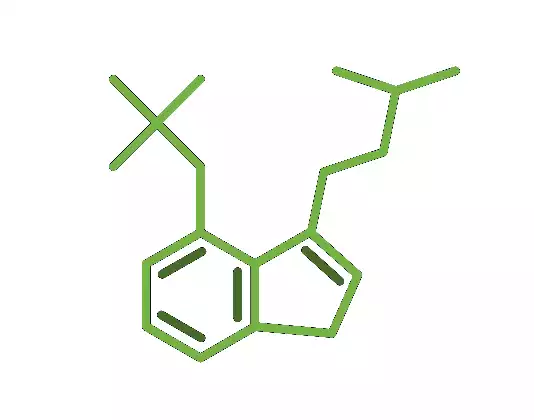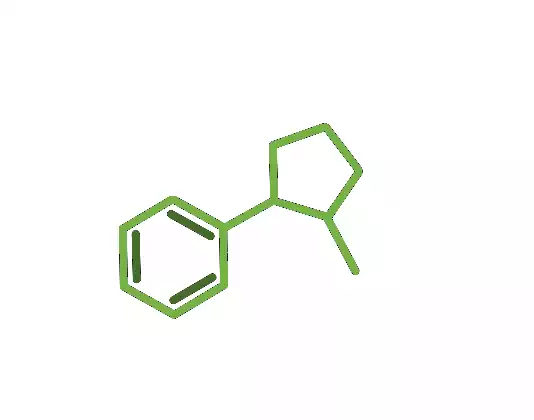The term psychedelic was coined by psychiatrist Humphrey Osmond who presented it to the New York Academy of Sciences in 1957. It is derived from the Greek words psyche, which means soul or mind, and delein which means 'to manifest'.
There are different kinds of psychedelic substances. Some occur naturally in plants such as fungi and cacti. Others are synthesized and delivered in tablets, blotter paper, powders and more.
Psychedelics have been used for thousands of years by various cultures around the world for their mystical and spiritual effects. These substances have been studied by scientists, therapists and artists since the 1930s and have since been banned under the United Nations Convention on Psychotropic Substances, and gained a resparked interest that has been growing since the 1970s.
